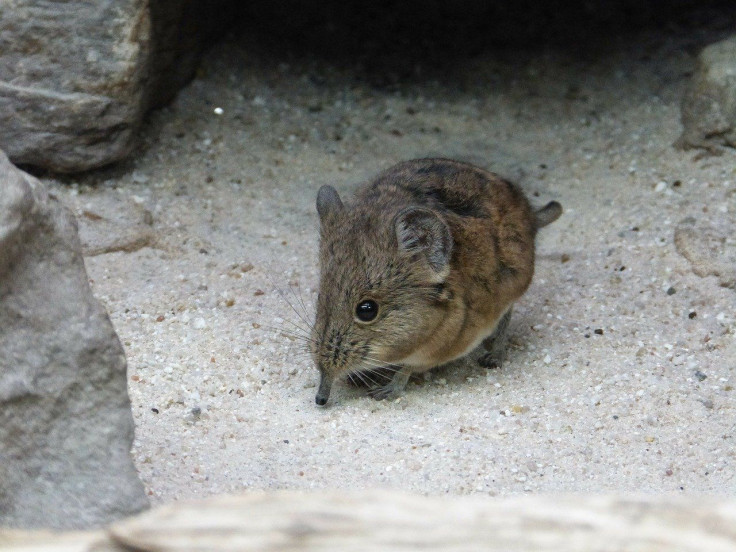Elephant Shrew Rediscovery After Decades Of Being 'Lost' Brings Much Needed Good News
KEY POINTS
- Somali sengis or elephant shrews were thought to be 'lost' for the last 50 years
- The species was found outside of Somalia, where it was believed to be endemic
- There appears to be no immediate threats to the creatures' current habitat
- Somali sengis now add to the list of rediscovered mammals once believed to be 'lost'
Researchers rediscovered a "lost" elephant shrew species after 50 years of no vouchered sightings. Apparently, the creatures were not lost but were just next door.
Elephant shrews, also known as sengis, are relatives of aardvarks, manatees and elephants. As small as mice, they are known for their trunk-like noses that they use to eat insects.
Of the world's sengi species, the Somali elephant shrew (Elephantulus revoili) was long considered as "lost to science." There were no scientific sightings of the creatures since the 1970's and the much of what was known about the species was only primarily through the 39 museum specimens.
In a 2019 expedition, a team of researchers went looking for the different kinds of sengis that lived in the Republic of Djibouti, a neighbor of Somalia where the Somali elephant shrew was believed to be endemic. The researchers had gotten tips that there were sengis in Djibouti but exactly which species the locals were seeing was unclear.
The team set up over 1,200 live traps with peanut butter, yeast and oatmeal to attract sengis and amazingly, they caught a Somali sengi in the very first trap and found several more in the other traps.
"Here we report new evidence that the Somali Sengi is currently extant," the researchers wrote in their paper about the rediscovery published in the journal PeerJ.
FOUND: What is related to an elephant but the size of a mouse, has hindlimbs built like a gazelle, & was lost to science since 1968? The Somali Sengi, an adorable elephant-shrew was recently rediscovered in Djibouti. @DukeLemurCenterhttps://t.co/xSZYutT0CT pic.twitter.com/NJZs0Kx21g
— Re:wild (@rewild) August 18, 2020
The team was also able to determine via DNA analysis that the Somali sengi is actually most closely related to the sengis in Morocco and South Africa, changing their genus from Elephantulus to Galegeeska.
The good news is that even if the researchers were unable to determine the exact status of the species' population, it appears as though they are doing quite well in the Republic of Djibouti since the habitat they reside in is far from farming or human developments and, is quite inaccessible.
This could mean that the species has not only been rediscovered in a habitat beyond its known range but, they may even be thriving.
As such, the species' status in the International Union for Conservation of Nature (IUCN) Red List has now changed from "data deficient" to "least concern."
"For us living in Djibouti, and by extension the Horn of Africa, we never considered the sengis to be 'lost,' but this new research does bring the Somali sengi back into the scientific community, which we value," Djiboutian research ecologist and study co-author Houssein Rayaleh said according to a news release from the Global Wildlife Conservation.
The discovery brings much needed good news and, adds to the list of mammals in the 25 Most Wanted Lost Species List to be rediscovered after decades of being considered as lost. The first was the 2019 rediscovery of the deer-like silver-backed chevrotain, which was thought to be lost to science for the past 30 years.

© Copyright IBTimes 2024. All rights reserved.






















